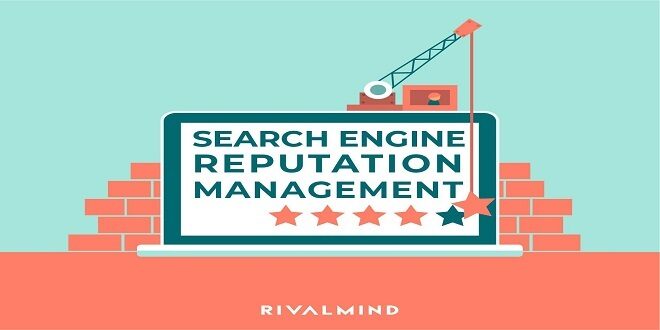Search Engine Reputation Management
Reputation management, is the process of tracking an entity’s actions and other entities’ opinions about those actions; reporting on those actions and opinions; and reacting to that report creating a feedback loop. All entities involved are generally people, but that need not always be the case. Other examples of entities include animals, businesses, or even locations or materials.
The tracking and reporting may range from word-of-mouth to statistical analysis of thousands of data points. Reputation management has come into wide use with the advent of widespread computing. This is evidenced by a front page story in the Washington Post. [1][2] featuring several online reputation management firms. Reputation management systems use various predefined criteria for processing complex data to report reputation.
However, these systems only facilitate and automate the process of determining trustworthiness. This process is central to all kinds of human interaction, including interpersonal relationships, international diplomacy, stock markets, communication through marketing and public relations and sports. Reputation management is also a professional communications practice – a specialization within the public relations industry. Reputation management ensures that the information about an individual, business or organization is accessible to the public online as well as through traditional outlets and is accurate, up-to-date and authentic
Real-world communities
Small Town:
The classic example of reputation management is the small town. Population is small and interactions between members frequent; most interactions are face-to-face and positively identified — that is, there is no question who said or did what. Reputation accrues not only throughout one’s lifetime, but is passed down to one’s offspring; one’s individual reputation depends both on one’s own actions and one’s inherited reputation.
There are generally few formal mechanisms to manage this implicit reputation. Implicit Reputation is the accumulated reputation one gets in a small town from previous actions. The town diner and barber shop serve as forums for exchange of gossip, in which community members’ reputations are discussed (implicit reputation), often in frank terms. Outstanding members may receive small, symbolic awards or titles, but these are mere confirmations of general knowledge.
There is exceedingly little deviation from community norms in a small town. This may be seen as either good or bad; there is little crime, but also little room for dissent or change. The small-town model scales poorly; it depends on each member having enough experience of a large number of other members, and this is only possible up to a point.
Big city
The large metropolitan area is at the other end of the spectrum from the small rural town. Community members come and go daily, and most members are only personally acquainted with a small fraction of the whole. Implicit reputation management continues to work within subcommunities, but for the city as a whole, it cannot.
Big cities have developed a large array of formal reputation management methods. Some apply only to subcommunities, such as, say, an association of local dentists. There are four methods (among others) which apply quite generally to the entire population: elections, appointments, the criminal justice system, and racial or ethnic
Profession
Reputation management is also a professional communications practice – a specialization within the public relations industry. It ensures that the information about an individual, business, or organization is accessible to the public online as well as through traditional outlets and is accurate, up-to-date, and authentic. Reputation strategy is competitive strategy.
Reputation initiatives drive stakeholder perceptions, which drive the likelihood of eliciting supportive behaviors and fuel business results. Leveraging reputation allows individuals or businesses to build advantage in the marketplace and reduce risk exposure. You manage a reputation by building a ‘reputation platform’ and by carrying out ‘reputing programs’.
Reputing aligns identity (what a company is), communication (what a company says), and action (what a company does). Reputing is designed to build and reinforce trusting relationships between companies and their stakeholders
Some of the most common groups include mammals, birds, reptiles, amphibians, and fish. Each group has its unique set of features and adaptations that allow them to survive in their respective environments. Animals play a crucial role in maintaining the balance of nature and provide numerous benefits to humans, including food, clothing, and companionship. However, many species are threatened due to human activities such as habitat destruction, pollution, and poaching.
 Jobsearchdone.com Top News Share Website
Jobsearchdone.com Top News Share Website




